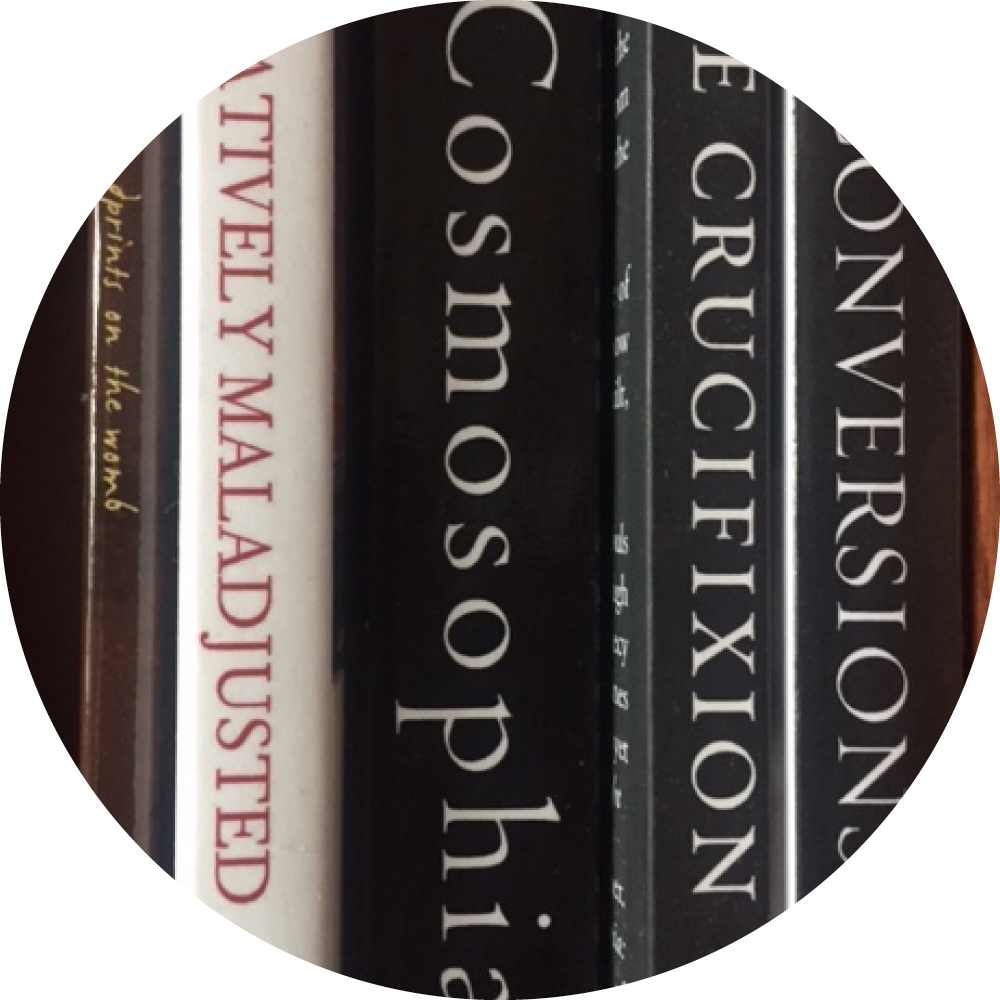Impermanence, Uncertainty,
Powerlessness
By Theodore Richards
All skies, like the stars themselves, are memories,
existing simultaneously here and elsewhere,
at once in this moment, in the eyes that take them in,
and also in unfathomable depths
of the fullness of time.
“The Three Skies”
(From the anthology Wildness:
Voices of the Sacred Landscape)
In the year 1006, a star exploded. Visible for three years, it was observed worldwide, from China to the Americas, and is widely regarded as the brightest supernova in human history. But there is something odd in the record of this event. It was far less noted in Europe than elsewhere, especially in the East. For it wasn’t merely an explosion. It marked the first time in memory that the nighttime sky – the firmament – changed. And so, in spite of the fact that this was, in many senses, an event that was unifying – we all, after all, live under the same stars – it was perceived differently. This perception was colored by the worldview of the observer – that is, the extent to which a culture embraced change or permanence, certainty or the unknown.
The resistance to change is not surprising. Our world is filled with uncertainty. And this can be terrifying. For our earliest ancestors, the chaos beyond community, culture, and kinship could mean death. So they created not merely a space for physical safety, but also a culture that proffered the emotional security that comes from creating symbols and stories – a cosmology, which means both “beauty” and “order” – that give us a sense of place in the world, that give our lives meaning.
This is humanity’s socio-cultural expression of what biologists call umwelt, what each species can perceive based on its sensory bubble. Every species is limited by its senses – humans, for instance, cannot see certain colors that birds can – but the umwelt is always experienced as all-encompassing. So too is this true of human culture, the symbolic and mythic worlds we construct.
The world that most human cultures constructed was a dance between cosmos and chaos, certainty and the unknown, change and permanence. But that would change in the West.
IMPERMANENCE
Among the foundational philosophical debates of the Hellenistic world had to do with this question of whether to embrace change or permanence. The Greeks were consumed by the question of what is ultimately real. For Heraclitus (c. 535-475 BCE), the real was change. Nature, for example, is in a constant state of flux, creation and re-creation. His counterpart, Parmenides (born c. 515 BCE), however, insisted that the only thing that was real is that which is permanent. Everything else is an illusion.
In short, Parmenides, largely through the work of Plato and his successors, won. This notion of reality being changeless came to dominate the Western philosophical and theological tradition for centuries. They developed a theological worldview that emphasized the permanence of the spiritual realm, the divine and the soul. Their image of the cosmos emphasized the permanence of the stars. The quotidian world, the world of nature, was mere illusion. As a consequence, as time went on a civilization developed in Europe that was hyper-focused on control and predictability. It sought to engineer a better world than what nature had given us.
But there were other traditions that didn’t follow this path. For Buddhists, permanence is an illusion. Indeed, the attachment to the changeless self – what Western theologians would call the soul, from the Greek “psyche” – is the ultimate delusion. It is not that we do not exist; it is that we exist only in relationship and flux, ever changing. Our attachment to this self is what leads to suffering.
UNCERTAINTY
One thousand years later another supernova occurred: The global COVID-19 pandemic. In addition to the obvious public health crisis, there was a corresponding mental health crisis. In part, this was in response to the deepening uncertainty in which we’d found ourselves. Of course, the pandemic didn’t create uncertainty – it simply exposed it.
Our desire to impose greater control on an uncertain world was at least partly the cause of the rise of diseases like COVID-19, diseases that come from human encroachment on wild spaces. Indeed, our fear has led us to attempt to impose on the world a sense of order and control that has led us to devalue wild spaces altogether. We’ve not only damned rivers and sterilized soils, we have also attempted to sterilize and make-predictable human interactions and culture. We are at once consumed and consumer, algorithms rather than messy human beings. The dance between the chaos and cosmos has been replaced by a paved-over and sterile world.
The wisdom of this approach to life has now been called into question. While the pandemic has made us feel more acutely the lack of predictability and certainty in our world, the truth is that we never really were in control.
In my own life, I’d asserted control in ways of which I was largely unaware. I had lived my life “intentionally” – at least that’s what I called it. I envisioned a particular kind of family, work, home, and career. But life tends to insinuate itself. Our children don’t cooperate – whatever plans we’d had of them, they are autonomous beings who make their own choices. Careers ebb and flow in ways we cannot possibly predict. We are entangled in webs of choices we’ve made and cannot take back and forces beyond our control.
Throughout my twenties, I mentored young people. Recently, I’ve been replaying in my head a series of conversations I had with one young man, around the age of fourteen, who had a particularly hard life: foster care, abuse, poverty. He was a sensitive and gentle kid, but so angry. We used to talk about his life, about how hard it was, about the impossibility of changing certain things: it was the life he’d been given.
I’ve been thinking back to those conversations because I’ve been contemplating my own life. I’d been good at seeing the immutability of fate in the lives of others, but not for myself. The truth is that I believed that I could, to some extent, control my own fate.
I was good at talking others through this, but somehow missed it in myself.
POWERLESSNESS
Living through a global pandemic was fertile ground for all kinds of addictions. It was said that drug and alcohol use increased, for example. And it is here that we collectively might turn to the Twelve Steps. I’d never particularly given the Twelve Steps much attention. For me, they came across as a bit too theistic, gave a bit too much power to alcohol. And powerlessness? Are we really so powerless?
I can recall being sick overseas – malaria, altitude sickness, some stomach bug – in remote areas, without any possibility of finding a doctor. There, I did what people do, have always done, in such situations: I prayed. People don’t, for the most part, pray because they necessarily believe in God; they pray because they recognize that they cannot control it, fix it. As they say in the Twelve Steps, “Give it to God.” In other words, prayer is less about projecting power onto any idol – God included – than it is about humbling oneself in the face of an uncertain world.
The Twelve Steps can be implemented superficially, of course. One can exchange one addiction for another. Religion and God can be no less addicting than alcohol, albeit an arguably less harmful one. But at its core, the belief that we are in charge, that we can fix it with drugs or willpower or achievement, is the ultimate addiction.
The Buddhists would recognize this as a symptom of our belief in the immutability of the self. The Twelve Steps aren’t really talking about alcohol as the ultimate problem. The ultimate thing we cannot control is, well, life. The ultimate addiction is to our own capacity to control.
These three things – uncertainty, impermanence, and powerlessness – lie at the heart of this collective, global teachable moment. We cannot know (uncertainty) or control (powerlessness) our world, because it is inherently relational and in flux (impermanence). Each moment is pregnant with possibility and potential, fraught with danger and mystery. Paradoxically, it is when we can be at ease with uncertainty, when we can accept our own powerlessness, we become free.
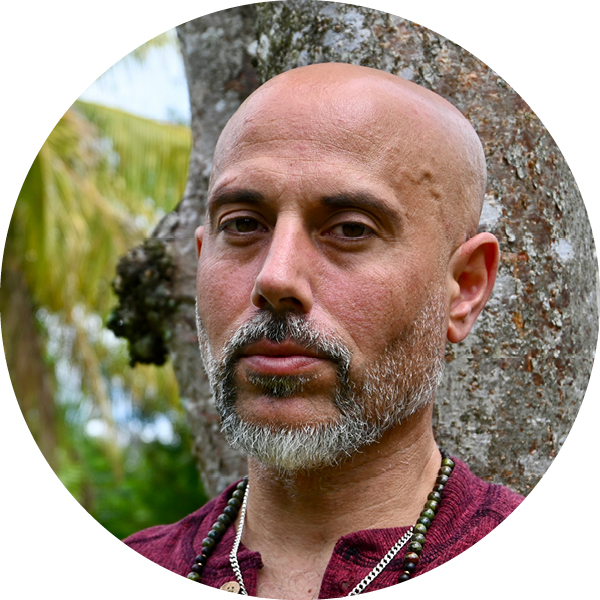
Re-sources
Re-Imagining Education
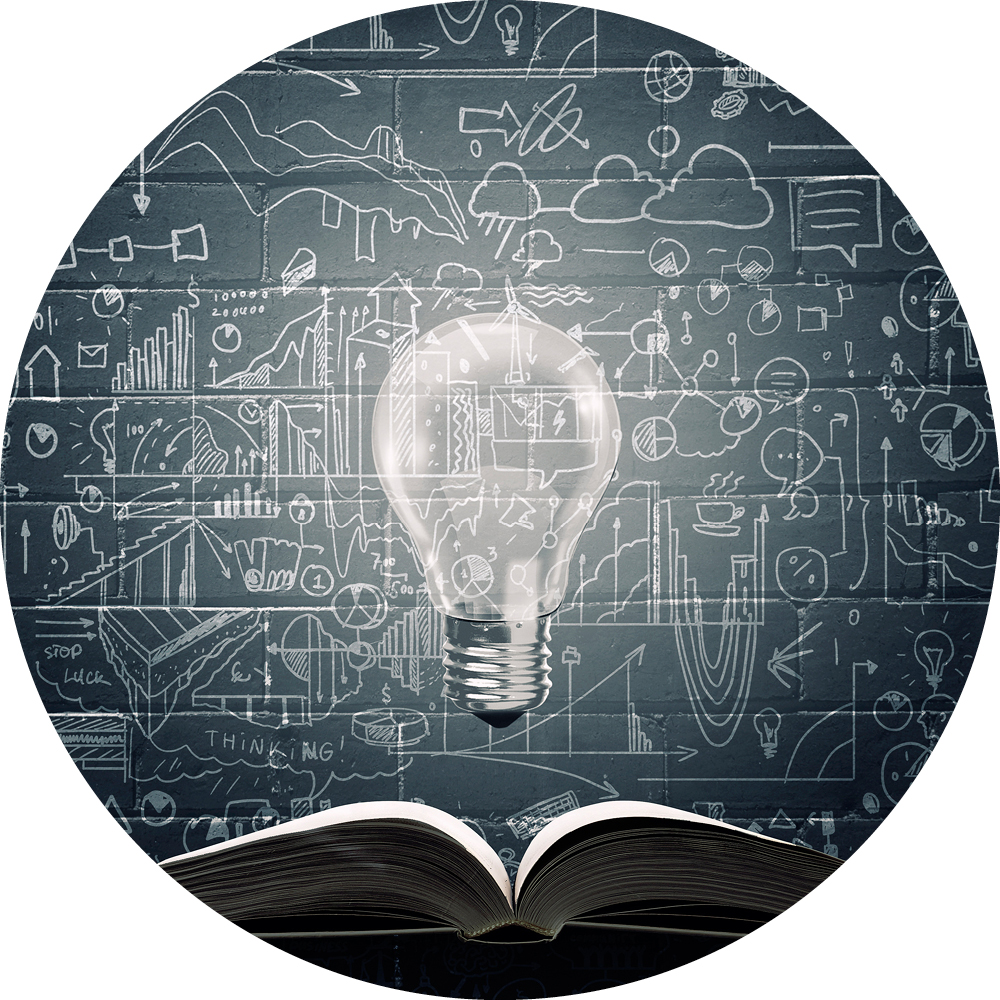
Empowering educators to take a deeper look at the stories told in our schools and to re-imagine them in transformative and
nurturing learning spaces.
Learning Opportunities
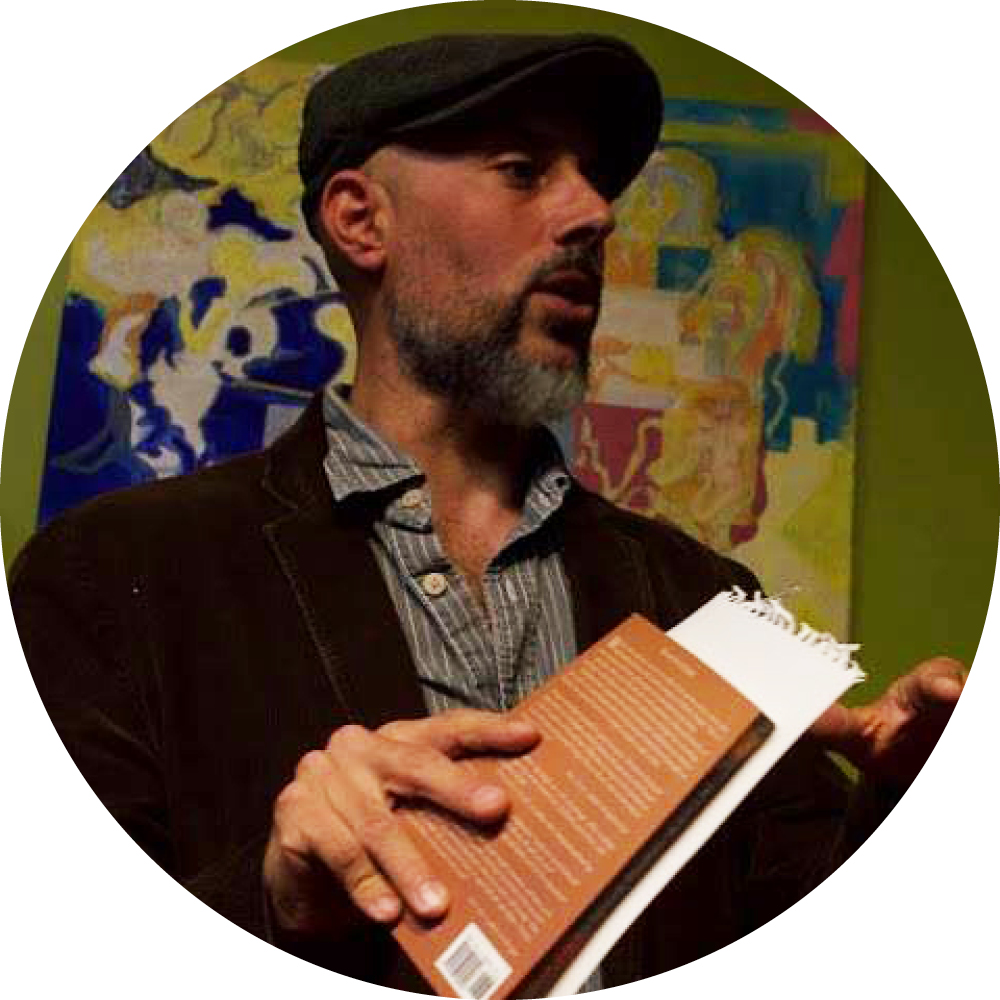
Classes, workshops, and lectures that help to empower people to re-imagine who they are and their place in the world.
Get Involved
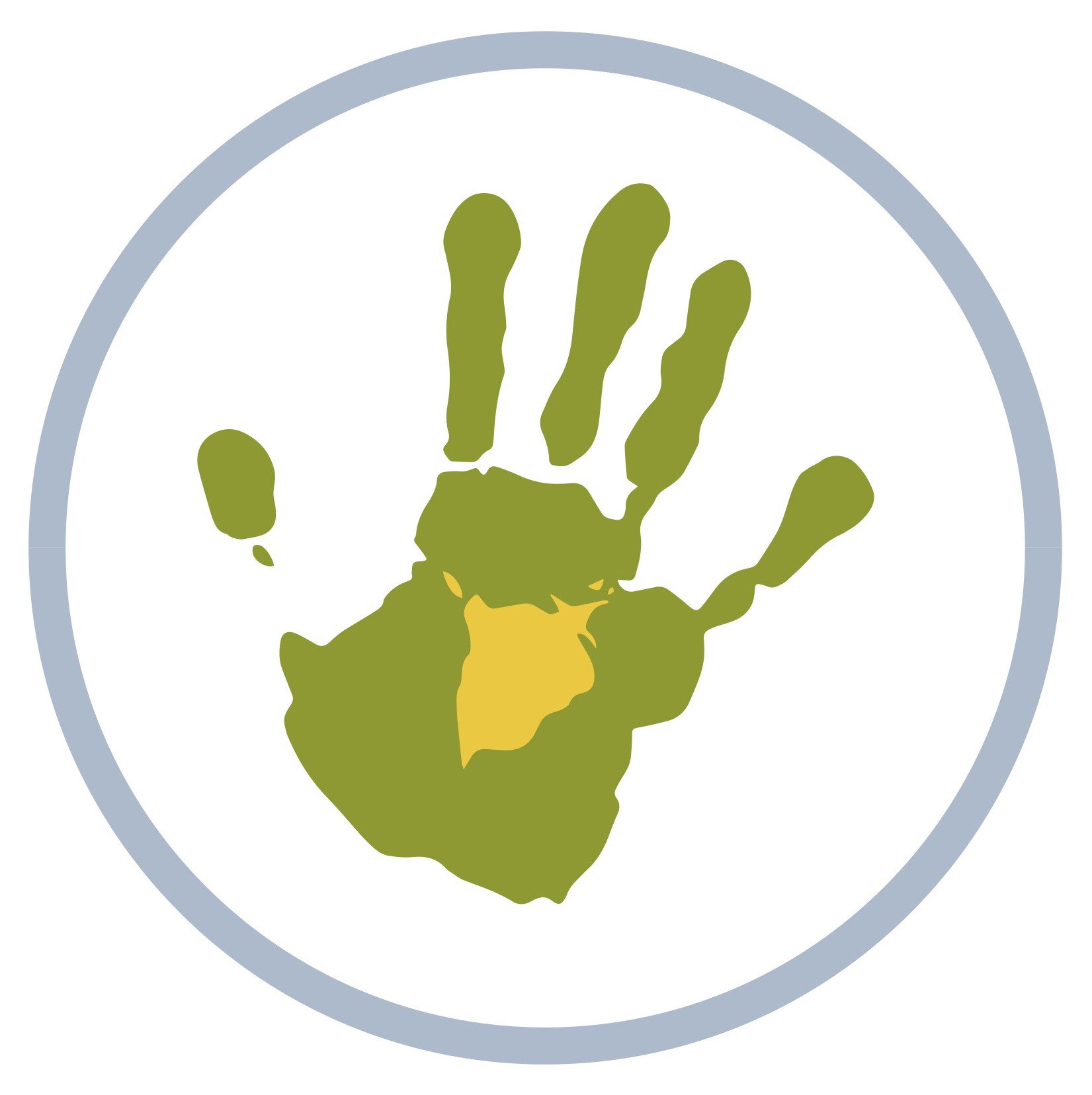
Help the Chicago Wisdom Project realize its mission to re-imagine education through holistic programming that transforms individual, community and world through creative expression.
